
In Brief
Akash Network announced its Mainnet 8 that aims to simplify GPU access and elevate the cloud LLM and AI deployment experience.
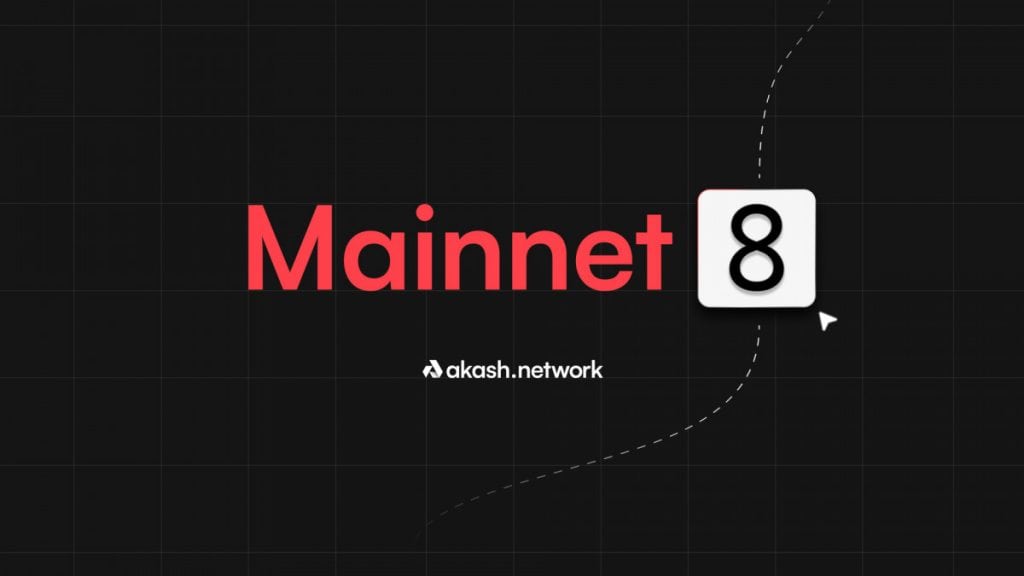
Decentralized cloud platform Akash Network recently announced a significant upgrade to cloud with Mainnet 8. The new upgrade introduced key enhancements that aim to simplify GPU access and elevate the deployment experience.
Akash Network said that its Mainnet 8 comes at a crucial juncture as the demand for high-performance GPUs intensifies with the widespread adoption of large language models (LLMs) and AI applications.
“Mainnet 8 will help increase the adoption of the Akash Supercloud as it has made the deployment process more intuitive, ensuring a user-friendly experience for developers turning to alternative cloud networks to train and fine-tune their AI models,” Greg Osuri, founder of Akash Network told Metaverse Post.
In response to the growing challenges faced by both large corporations and nimble startups in securing GPU resources, developers are increasingly turning to alternative cloud networks such as Akash. The Mainnet 8 upgrade aims to address these challenges by introducing several quality-of-life improvements, with a primary focus on increasing GPU visibility.
“As large corporations and agile startups are still struggling to secure access to high-performance compute resources, GPU utilization on Akash has increased 14x (as measured in USD spend on the network, correlated to $AKT) since the launch of our GPU marketplace with Mainnet 6 in August,” added Osuri.
“We’ve experienced an influx of both deployers and providers on the network, and are now able to offer some of the most in-demand chips — from Nvidia A100s, L40s and V100s to RTX-8000s and RTX-3090s,” he said.
Enhancing GPU Visibility for LLMs and Decentralized Networks
According to Akash Network, the Mainnet 8 upgrade lays the groundwork for a more streamlined and intuitive deployment process. By allowing deployers to come to the network with a predetermined budget and specify GPU attributes during the bidding process, Akash aims to enhance the overall deployment experience.
Prior to the upgrade, bids lacked specific GPU model attributes, making it challenging for deployers to assess the types of resources being bid for during the provider selection stage. With Mainnet 8, bids now include explicit GPU model attributes, such as the GPU vendor and model (e.g., NVIDIA A100 GPU).
“With the Mainnet 8 upgrade, provider bids on the network include a key and value that includes the GPU vendor and model, allowing Akash deployment clients (such as Cloudmos Deploy) to surface the GPU model attributes in the deployment UIs,” said Akash Network’s Osuri.
The detailed “resources_offer” section returned by Akash Providers proves particularly valuable when a deployment requires specific GPU models. With this information, deployers can make more informed decisions, ensuring they select bids aligned with their application requirements.
Since the introduction of the GPU marketplace in the Mainnet 6 upgrade, network usage has witnessed a consistent uptrend.
“The surge in adoption of the Akash Supercloud has been driven by the continued GPU squeeze in the broader market, especially as large corporations have had to limit signups for their AI applications in recent weeks or have turned to other providers to ensure their operations can continue,” Osuri told Metaverse Post. “It’s part of a broader trend of AI developers turning to niche cloud networks like Akash that make idle GPUs available from sources like former Ethereum miners to fine-tune and inference train their ML deployments.”
Osuri said that the surge is attributed not only to the commencement of Akash-Thumper AI foundation model training, a decentralized platform first — but also to the continued expansion of SDXL on Akash. Moreover, he said the network has seen increased adoption by those seeking on-demand and high-performance computing resources.
“With the start of our partnership with Thumper.ai to re-train a pixart-alpha model with a CC0 dataset. Marking as the first time this has been done on a distributed network, Akash is helping to address copyright concerns and is further pressure-testing the network’s capabilities by providing a cluster of 32 Nvidia A100s (80GB) via a single provider so Thumper can code, train and open source its model,” added Akash Network’s Osuri.
The cloud platform recently launched an easy-to-use application to generate AI images with Stability AI’s Stable Diffusion XL (SDXL) model. Users can generate high-quality AI images across a range of GPU models deployed via Akash, including the Nvidia L40, A100, and V100.
Akash Network asserts that SDXL on its platform has already been used to generate 30K+ images, showcasing the demand for these types of applications.
30,000 images generated.
We added another 8x A100s last night. We also have a case study in the works that covers the entire development process and our thinking around SDXL on Akash.
Currently active GPUs:
• L40
• A100
• V100
• RTX-8000
• RTX-3090 pic.twitter.com/ZGwfl5EYom— Zach Horn ⟁ (@zacharyhorn) November 14, 2023
“Unlike other offerings that force businesses to swap their existing infrastructure or are only optimized for short-running batch jobs, we augment existing IT stacks and offer developers more control over where their application runs,” Osuri told Metaverse Post. “We’ve been able to manage supply and demand, as it’s difficult to aggregate a large enough number of lower-end GPUs to be meaningful enough for heavy AI workloads, which is why we’ve prioritized high-powered, high-density GPUs like A100s and L40s. This has helped us overcome cold-start challenges, unlike others in this space.”
Akash Netwok’s Mainnet 8 upgrade signifies a strategic response to the evolving landscape of AI applications, providing enhanced GPU visibility and fostering a more efficient deployment process, ultimately contributing to the AI system’s continued growth and demand.
Disclaimer
In line with the Trust Project guidelines, please note that the information provided on this page is not intended to be and should not be interpreted as legal, tax, investment, financial, or any other form of advice. It is important to only invest what you can afford to lose and to seek independent financial advice if you have any doubts. For further information, we suggest referring to the terms and conditions as well as the help and support pages provided by the issuer or advertiser. MetaversePost is committed to accurate, unbiased reporting, but market conditions are subject to change without notice.
About The Author
Victor is a Managing Tech Editor/Writer at Metaverse Post and covers artificial intelligence, crypto, data science, metaverse and cybersecurity within the enterprise realm. He boasts half a decade of media and AI experience working at well-known media outlets such as VentureBeat, DatatechVibe and Analytics India Magazine. Being a Media Mentor at prestigious universities including the Oxford and USC and with a Master’s degree in data science and analytics, Victor is deeply committed to staying abreast of emerging trends.
He offers readers the latest and most insightful narratives from the Tech and Web3 landscape.

Victor Dey

Victor is a Managing Tech Editor/Writer at Metaverse Post and covers artificial intelligence, crypto, data science, metaverse and cybersecurity within the enterprise realm. He boasts half a decade of media and AI experience working at well-known media outlets such as VentureBeat, DatatechVibe and Analytics India Magazine. Being a Media Mentor at prestigious universities including the Oxford and USC and with a Master’s degree in data science and analytics, Victor is deeply committed to staying abreast of emerging trends.
He offers readers the latest and most insightful narratives from the Tech and Web3 landscape.
Read More: mpost.io

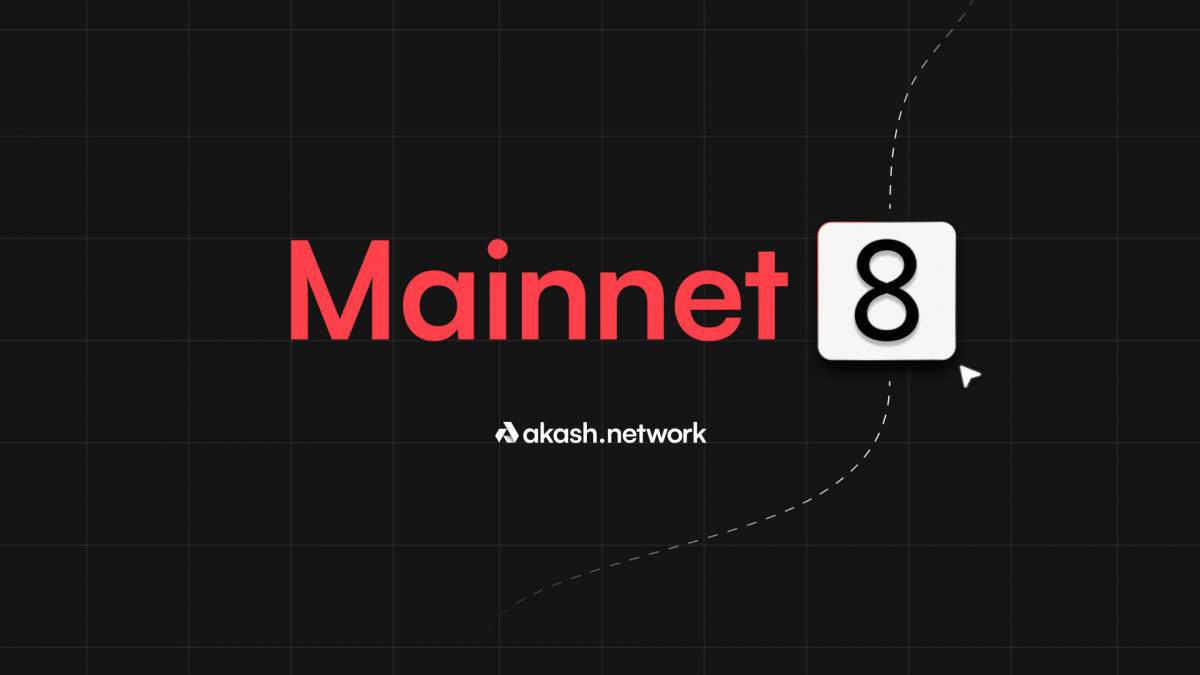



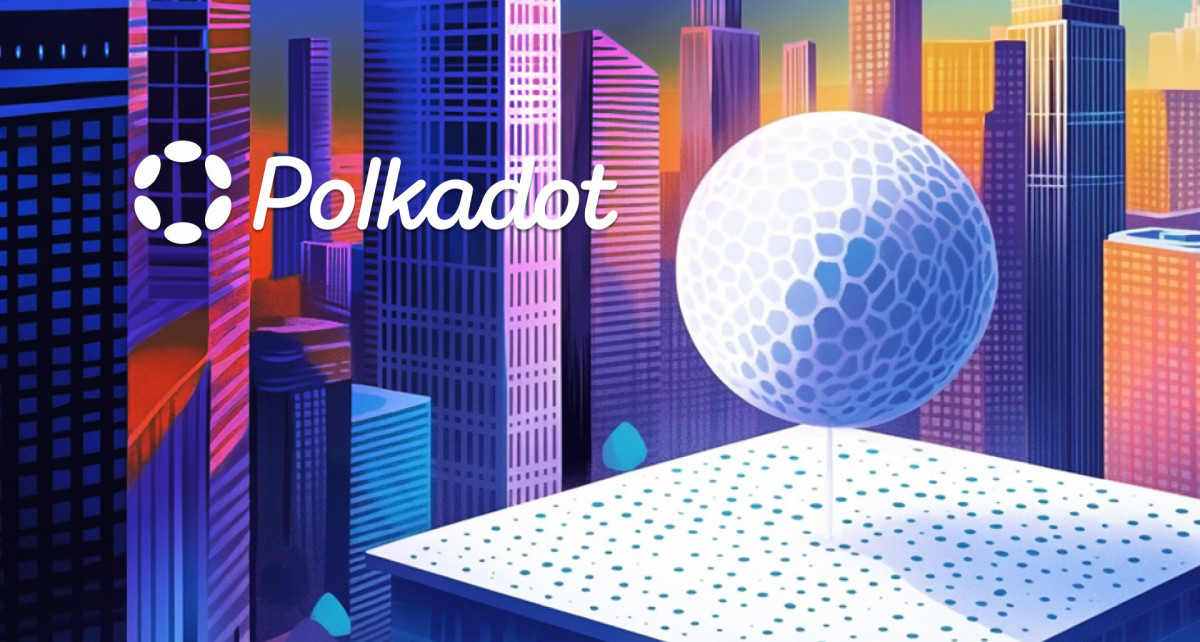
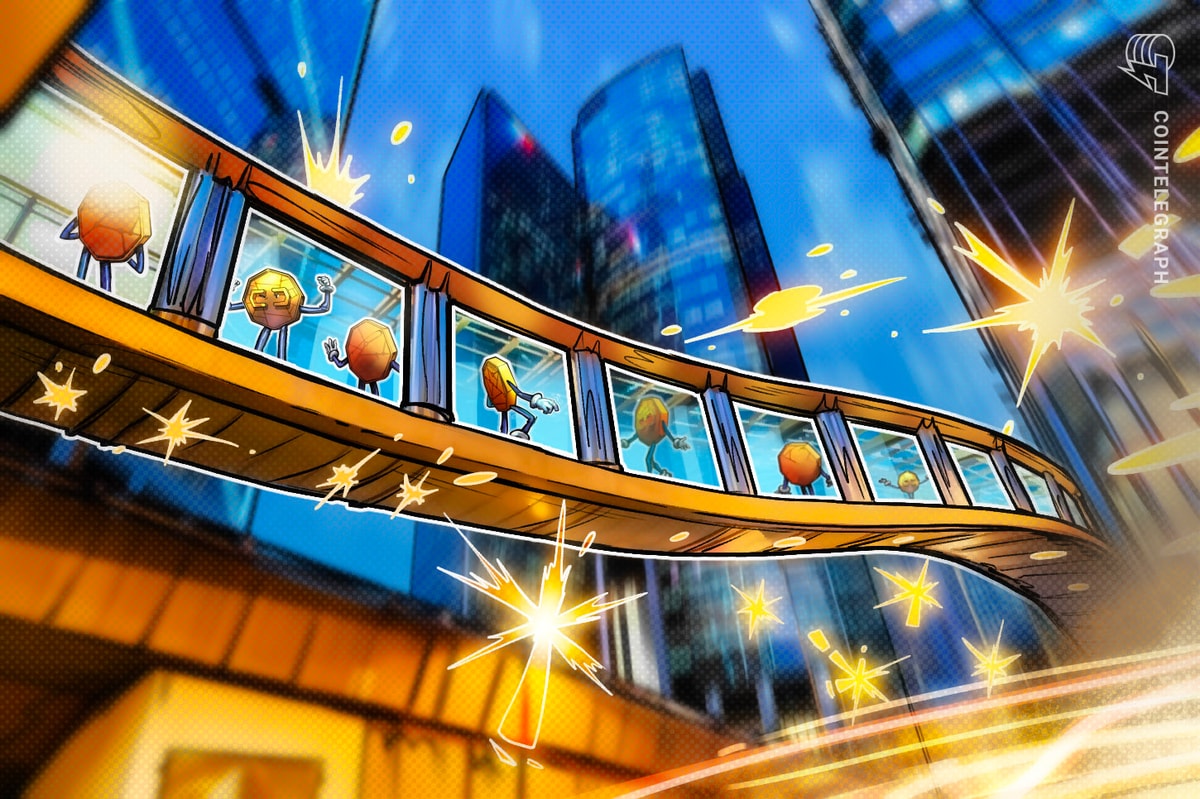
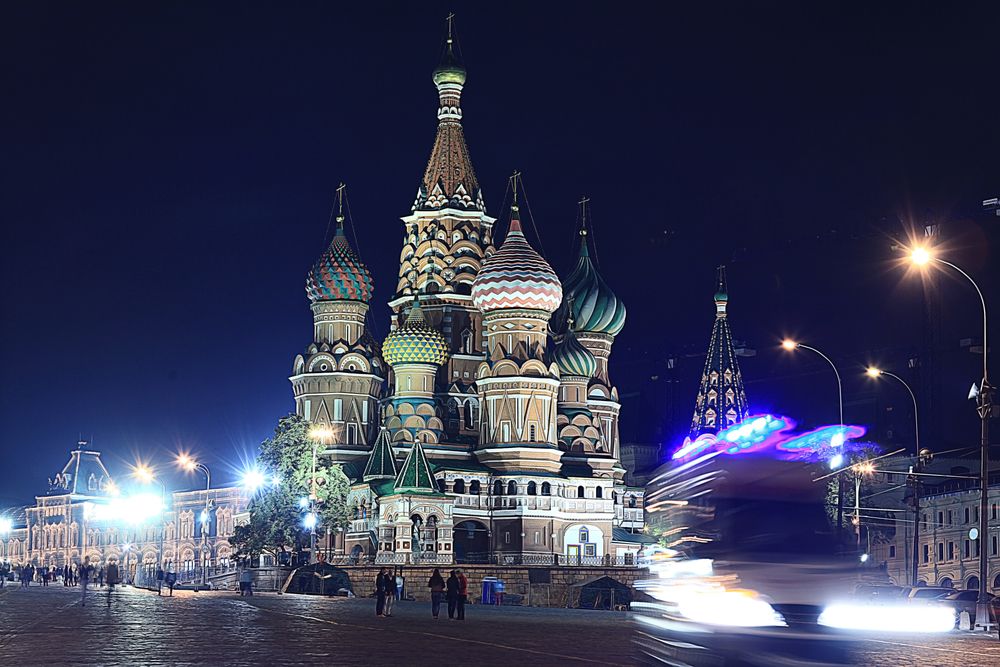


 Bitcoin
Bitcoin  Ethereum
Ethereum  Tether
Tether  XRP
XRP  Solana
Solana  USDC
USDC  Dogecoin
Dogecoin  TRON
TRON  Cardano
Cardano  Lido Staked Ether
Lido Staked Ether  Wrapped Bitcoin
Wrapped Bitcoin  Hyperliquid
Hyperliquid  Wrapped stETH
Wrapped stETH  Sui
Sui  Chainlink
Chainlink  Avalanche
Avalanche  Stellar
Stellar  LEO Token
LEO Token  Bitcoin Cash
Bitcoin Cash  Toncoin
Toncoin  Shiba Inu
Shiba Inu  USDS
USDS  Hedera
Hedera  WETH
WETH  Wrapped eETH
Wrapped eETH  Litecoin
Litecoin  Polkadot
Polkadot  Binance Bridged USDT (BNB Smart Chain)
Binance Bridged USDT (BNB Smart Chain)  Monero
Monero  Ethena USDe
Ethena USDe  Bitget Token
Bitget Token  Pepe
Pepe  Pi Network
Pi Network  Coinbase Wrapped BTC
Coinbase Wrapped BTC  WhiteBIT Coin
WhiteBIT Coin  Aave
Aave  Uniswap
Uniswap  Dai
Dai  Ethena Staked USDe
Ethena Staked USDe  Bittensor
Bittensor  Aptos
Aptos  OKB
OKB  Cronos
Cronos  NEAR Protocol
NEAR Protocol  BlackRock USD Institutional Digital Liquidity Fund
BlackRock USD Institutional Digital Liquidity Fund  Jito Staked SOL
Jito Staked SOL  Internet Computer
Internet Computer  Ethereum Classic
Ethereum Classic  Ondo
Ondo